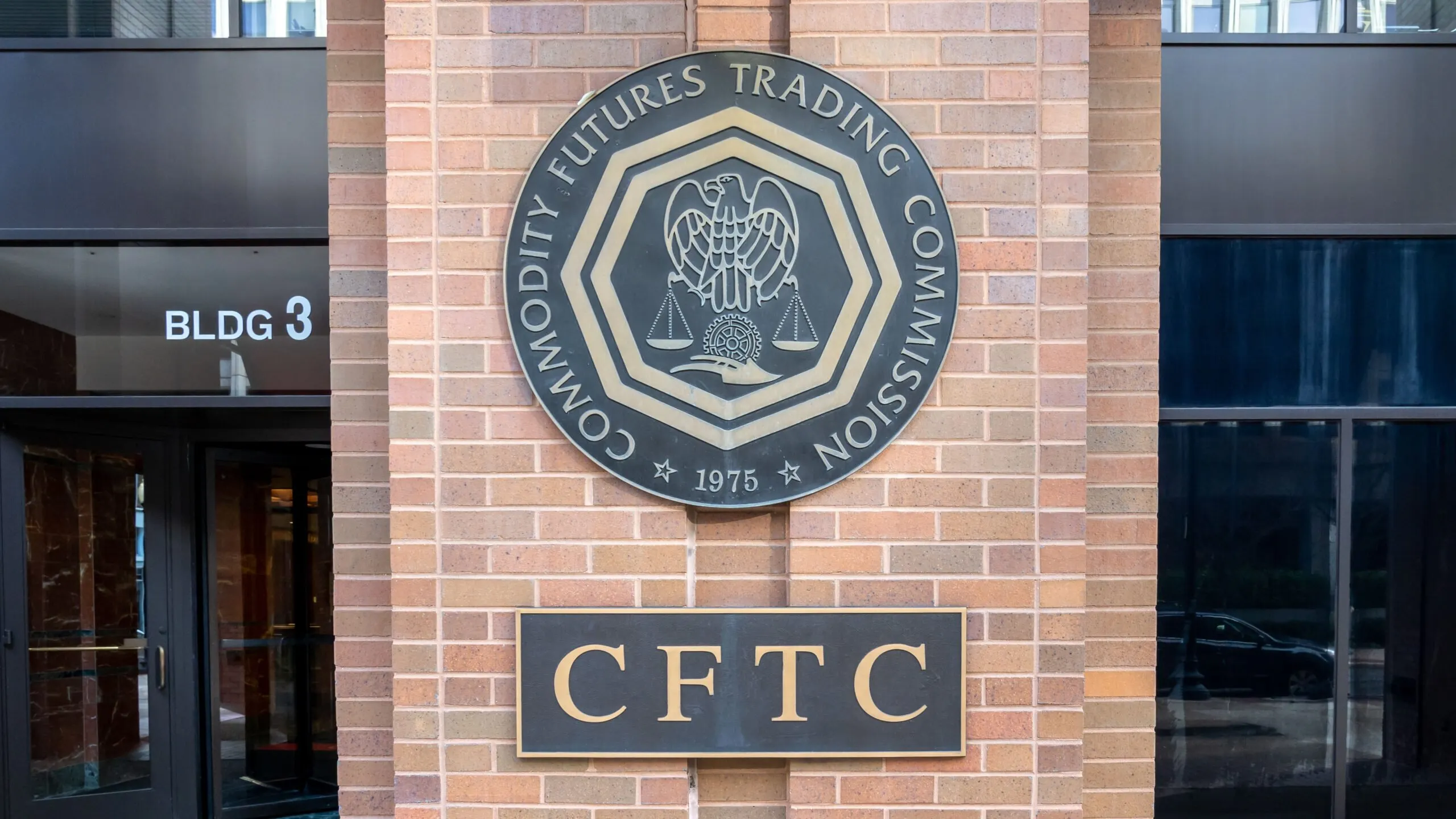Kalshi has relaunched its betting pools based on U.S. election outcomes—the latest development in a convoluted legal drama that wreaked havoc on the prediction market operator's business strategy last month.
A federal appeals court on Wednesday lifted a weeks-long freeze on Kalshi's U.S. elections-based prediction markets.
Kalshi briefly launched prediction markets based on the U.S. elections on September 12. However, the firm shuttered those markets shortly after that on the orders of a higher appeals court.
While Kalshi functions similarly to some decentralized prediction markets that use blockchain, like Polymarket, it uses a traditional financial infrastructure instead.
In any case, the election in November has proven a boon for both conventional and blockchain-based betting platforms this year.
“U.S. presidential election markets are legal. Officially. Finally,” Kalshi CEO Tarek Mansour said Wednesday in a Twitter (aka X) post. “Kalshi prevails.”
The appellate court's ruling also rejects regulators’ bid to halt election-based betting on Kalshi, pending an appeal of a lower court ruling that greenlit the prediction market operators' congressional race-related offerings.
That means Kalshi’s revival of the elections-based markets will likely go undisturbed until at least November 5. This latest order forms part of an ongoing case between the Commodity Futures Trading Commission and Kalshi.
The CFTC has fought to block Kalshi’s congressional-focused prediction markets for more than two years, arguing that the betting pools could undermine faith in U.S. democratic processes.
However, federal regulators’ argument has left some legal professionals unconvinced.
Last month, Judge Jia Cobb of the U.S. District Court for the District of Columbia ruled in Kalshi’s favor, allowing the prediction market operator to go ahead with its plans to offer Americans a way to bet on which U.S. political party will gain control of the House and Senate in 2025.
Edited by Sebastian Sinclair

